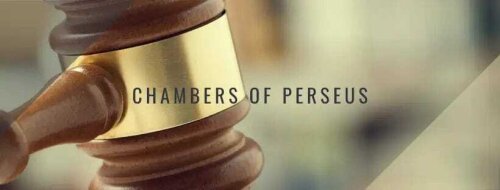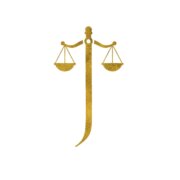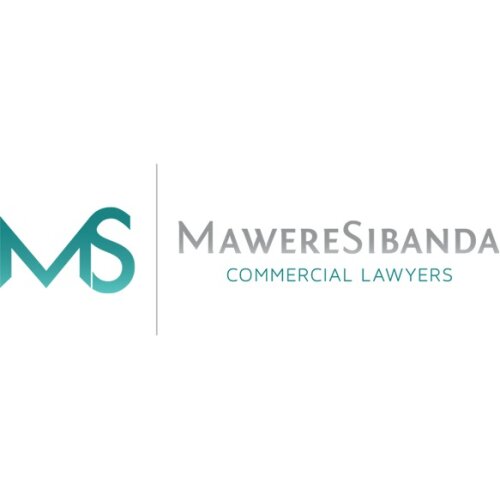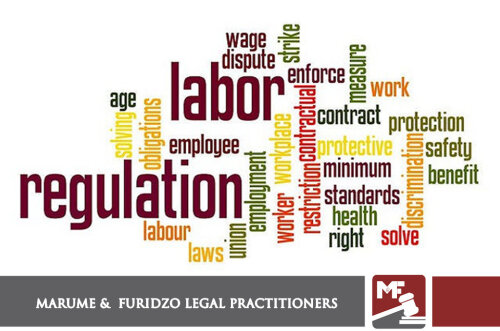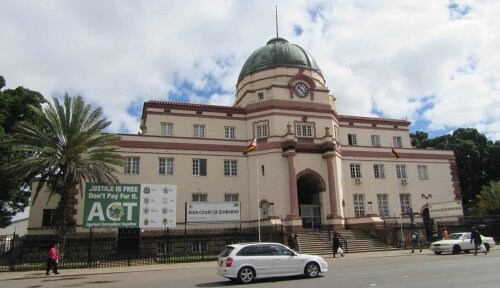Best Communications & Media Law Lawyers in Zimbabwe
Share your needs with us, get contacted by law firms.
Free. Takes 2 min.
Or refine your search by selecting a city:
List of the best lawyers in Zimbabwe
About Communications & Media Law in Zimbabwe:
Communications & Media Law in Zimbabwe governs the regulations, rights, and obligations concerning the dissemination of information, including print, broadcast, and digital media. It encompasses various areas such as defamation, privacy laws, freedom of speech, intellectual property rights, and regulation of media entities.
Why You May Need a Lawyer:
You may require a lawyer specializing in Communications & Media Law in Zimbabwe if you are involved in cases of defamation, privacy violations, intellectual property disputes, or facing legal action for content published or broadcasted. A lawyer can provide guidance on compliance with media regulations, drafting contracts, and protecting your rights.
Local Laws Overview:
In Zimbabwe, the Constitution guarantees freedom of expression and the press. However, there are laws governing media content, such as the Access to Information and Protection of Privacy Act (AIPPA), which regulates media registration and accreditation. The Zimbabwe Broadcasting Services Act controls broadcasting licenses and content standards. Additionally, the Criminal Law (Codification and Reform) Act addresses issues like defamation and incitement to violence.
Frequently Asked Questions:
1. What is defamation, and how is it regulated in Zimbabwe?
Defamation is the act of harming someone's reputation through false statements. In Zimbabwe, defamation laws exist under common law and the Criminal Law (Codification and Reform) Act, which distinguishes between libel (written defamation) and slander (spoken defamation).
2. Can I be held liable for content posted on my social media accounts?
Yes, individuals can be held liable for defamatory, discriminatory, or otherwise illegal content posted on their social media accounts. It is essential to be mindful of what you share online to avoid legal consequences.
3. How can I protect my intellectual property rights in Zimbabwe?
To protect your intellectual property, such as trademarks, copyrights, and patents, you can register them with the Zimbabwe Intellectual Property Office. It is advisable to seek legal advice to understand your rights and prevent infringement.
4. Is censorship prevalent in Zimbabwe's media landscape?
Zimbabwe has faced challenges with media censorship in the past, but efforts towards media reform are ongoing. The government has committed to promoting media freedom and diversity following constitutional amendments and repeal of restrictive laws.
5. What are the consequences of breaching media regulations in Zimbabwe?
Breaching media regulations in Zimbabwe can result in fines, imprisonment, license revocation, or other legal actions. It is crucial to seek legal guidance to ensure compliance with relevant laws and regulations.
6. Are journalists protected by law in Zimbabwe?
Journalists are protected by the Constitution of Zimbabwe, which guarantees freedom of the press and expression. However, journalists may still face challenges, such as harassment or intimidation, requiring legal support to uphold their rights.
7. How can I request access to government information in Zimbabwe?
You can request access to government information under the Access to Information and Protection of Privacy Act by submitting a written request to the relevant government department or agency. Legal assistance may be necessary to navigate the process effectively.
8. Can I sue for invasion of privacy in Zimbabwe?
Yes, you can sue for invasion of privacy in Zimbabwe if your privacy rights have been violated, such as through unauthorized surveillance or disclosure of private information. Consult a lawyer specializing in privacy laws for guidance on your case.
9. How can I ensure compliance with broadcasting regulations in Zimbabwe?
To comply with broadcasting regulations in Zimbabwe, broadcasters must adhere to licensing requirements, content standards, and regulations set by the Zimbabwe Broadcasting Services Act. Legal advice can help you understand and meet these obligations.
10. What legal avenues are available for challenging media censorship in Zimbabwe?
You can challenge media censorship in Zimbabwe through legal avenues, such as filing a petition with the courts or seeking assistance from human rights organizations. Legal representation is crucial in defending your right to freedom of expression and press.
Additional Resources:
For further information on Communications & Media Law in Zimbabwe, you can refer to the Zimbabwe Media Commission, the Zimbabwe Lawyers for Human Rights, and the Ministry of Information, Publicity, and Broadcasting Services.
Next Steps:
If you require legal assistance in Communications & Media Law in Zimbabwe, it is advisable to seek the expertise of a qualified lawyer specializing in this field. Consider consulting legal professionals to assess your case, understand your rights, and navigate the legal complexities effectively.
Lawzana helps you find the best lawyers and law firms in Zimbabwe through a curated and pre-screened list of qualified legal professionals. Our platform offers rankings and detailed profiles of attorneys and law firms, allowing you to compare based on practice areas, including Communications & Media Law, experience, and client feedback.
Each profile includes a description of the firm's areas of practice, client reviews, team members and partners, year of establishment, spoken languages, office locations, contact information, social media presence, and any published articles or resources. Most firms on our platform speak English and are experienced in both local and international legal matters.
Get a quote from top-rated law firms in Zimbabwe — quickly, securely, and without unnecessary hassle.
Disclaimer:
The information provided on this page is for general informational purposes only and does not constitute legal advice. While we strive to ensure the accuracy and relevance of the content, legal information may change over time, and interpretations of the law can vary. You should always consult with a qualified legal professional for advice specific to your situation.
We disclaim all liability for actions taken or not taken based on the content of this page. If you believe any information is incorrect or outdated, please contact us, and we will review and update it where appropriate.
Browse communications & media law law firms by city in Zimbabwe
Refine your search by selecting a city.



